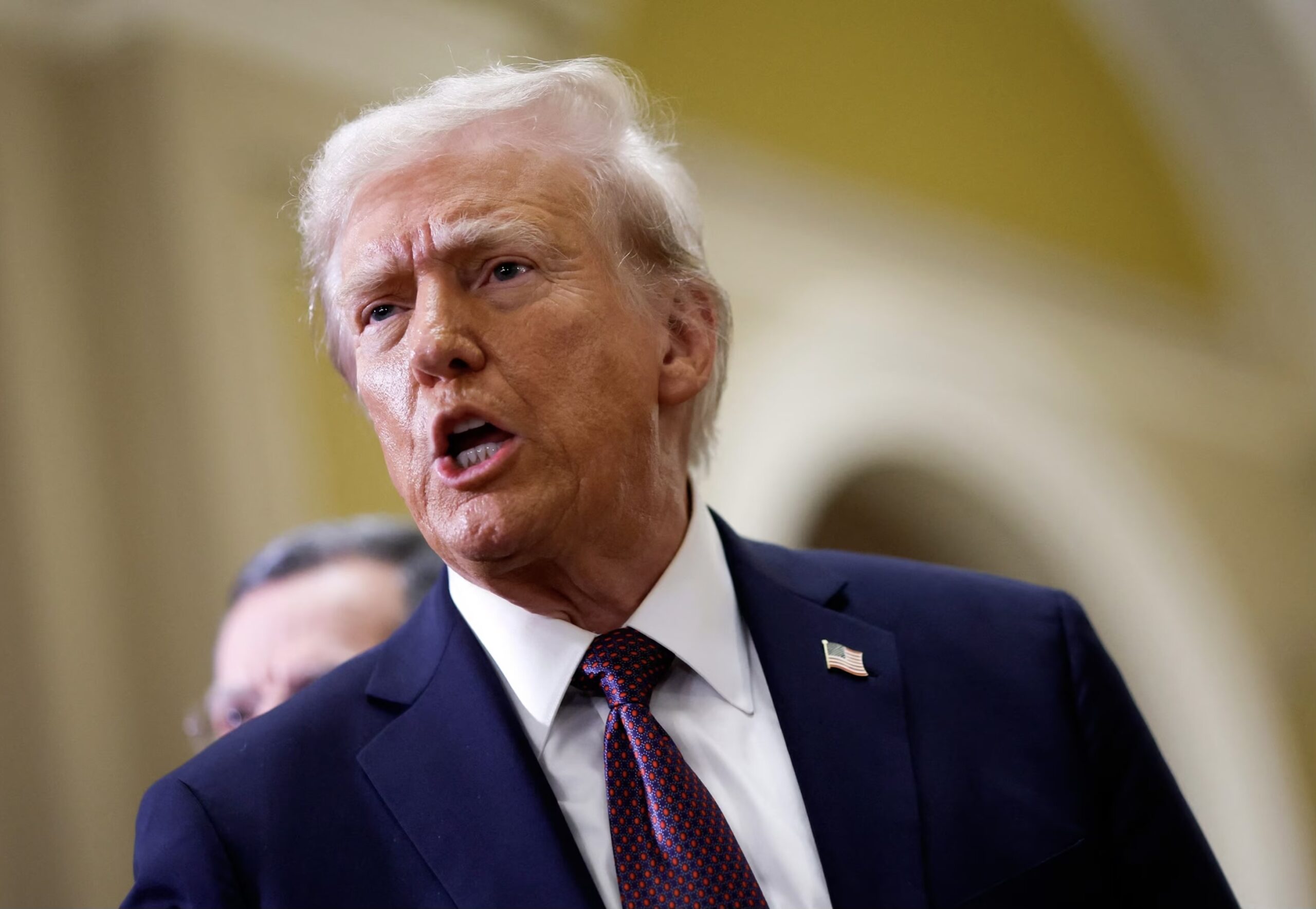Trump Dismisses Acting ICE Director from Position
Trump Reassigns Acting ICE Director Amid Leaks and Operational Challenges
In a notable shift within U.S. immigration enforcement, President Donald Trump has reassigned Caleb Vitello from his role as acting director of U.S. Immigration and Customs Enforcement (ICE). The decision, made in response to growing concerns over leaks and the pace of deportations, highlights the administration’s drive for more effective enforcement and operational security. Vitello will now focus on field operations, overseeing arrests, targeting, and handling ICE’s ground-level activities.
A Change in Leadership Focus
This personnel change marks a strategic move to refocus ICE on its core mission of enforcing immigration laws. The Trump administration has emphasized tougher enforcement measures, particularly with regard to deportations. Vitello, a former official within the Enforcement and Removal Operations division, is well-versed in the operational challenges that have long affected the agency. His reassignment is seen as an effort to bolster ICE’s enforcement capacity, especially as Trump and Border Czar Tom Homan have been critical of the slow pace of deportations.
While Vitello’s new role is not a demotion, it represents a shift in responsibilities, aiming for increased operational efficiency and effectiveness on the ground. His deep experience in enforcement operations and understanding of ICE’s day-to-day challenges are seen as assets for the role, which involves overseeing the agency’s direct actions in arrests and immigration enforcement.
Leaks and Operational Security
The timing of Vitello’s reassignment coincides with a series of security breaches that have raised alarm within ICE. A recent leak regarding a planned ICE raid in Aurora, Colorado, was particularly problematic. The leak caused agents to arrive at the location only to find that the target was empty, with protesters instead present. This disruption jeopardized the operation and placed agents at risk.
Homan expressed his frustration on Fox News, condemning the leak and underscoring its potential to harm both operations and officer safety. “This is a dangerous job,” Homan stressed, emphasizing that leaks like this one could have serious consequences. He further stated that the Department of Justice is working with ICE to identify the source of the leak and explore potential legal action.
This breach has intensified the debate surrounding the balance between transparency and the need for operational secrecy. The reassignment of Vitello signals the administration’s intention to tighten security measures, ensuring that ICE can carry out its enforcement duties without such disruptions in the future.
A Shift Toward Stronger Enforcement
The decision to refocus ICE on ground operations comes at a time when the Trump administration is determined to speed up deportations and strengthen border security. Both Trump and Homan have criticized the agency for not moving quickly enough to address immigration enforcement, particularly in relation to deporting illegal immigrants. This reassignment reflects a broader strategy to align ICE’s leadership with the administration’s tougher stance on immigration.
In this context, the reassignment of Vitello is also seen as a step toward streamlining operations. Critics argue that ICE has faced bureaucratic inefficiencies that hinder its ability to carry out swift and decisive enforcement actions. The administration’s push for more aggressive deportation efforts is reflective of the priorities of Trump’s base, which favors a hard-line approach to immigration.
Internal Reactions and Tensions
Within ICE, Vitello is generally regarded as a steady and experienced leader. His time spent within the Enforcement and Removal Operations division has earned him respect for his deep understanding of the agency’s challenges. Former colleagues have described him as a calm and non-controversial figure with a reputation for handling high-pressure situations with composure. This makes him a fitting choice for overseeing ICE’s enforcement operations, where a balanced and pragmatic approach is necessary.
However, not all reactions within the agency are entirely positive. Some worry that the reassignment signals a shift away from practices that promote diversity and inclusion within the agency. The Trump administration’s focus on enforcement and the elimination of certain programs has raised concerns that the agency could lose valuable perspectives and that morale might suffer as a result.
This internal debate highlights the broader tension within federal agencies as they adapt to rapidly changing political priorities. As ICE grapples with both policy and cultural shifts, it faces the challenge of balancing enforcement efficiency with maintaining an inclusive work environment.
Political and Legal Implications
The reassignment of Vitello has generated a mixed response from political circles. Supporters of the move see it as a necessary step toward ensuring that ICE is more capable of meeting its enforcement goals. By placing an experienced enforcer in charge of field operations, the administration is sending a message that it is committed to increasing deportations and securing the nation’s borders.
However, critics have expressed concern that this focus on aggressive enforcement could lead to abuses of power and undermine individual rights. Immigration advocacy groups have warned that a more punitive approach could lead to a less fair and more chaotic system, particularly if the emphasis on deportation targets neglects due process and human rights protections.
The Road Ahead
As ICE navigates the challenges posed by rapid policy shifts, the reassignment of Vitello highlights the tension between enforcing immigration laws and protecting the rights of individuals. The focus on enforcement, combined with efforts to streamline operations, will likely continue to shape the future of the agency. Whether these changes lead to improved outcomes or create new obstacles will become clearer in the coming months as the Trump administration works to meet its ambitious immigration goals.
In the broader political context, the debate surrounding Vitello’s reassignment and the Trump administration’s immigration policies will remain a contentious issue. As both parties continue to argue over the balance between enforcement and fairness, the ultimate direction of U.S. immigration policy will be shaped by the interplay of operational challenges, legal considerations, and political priorities.
